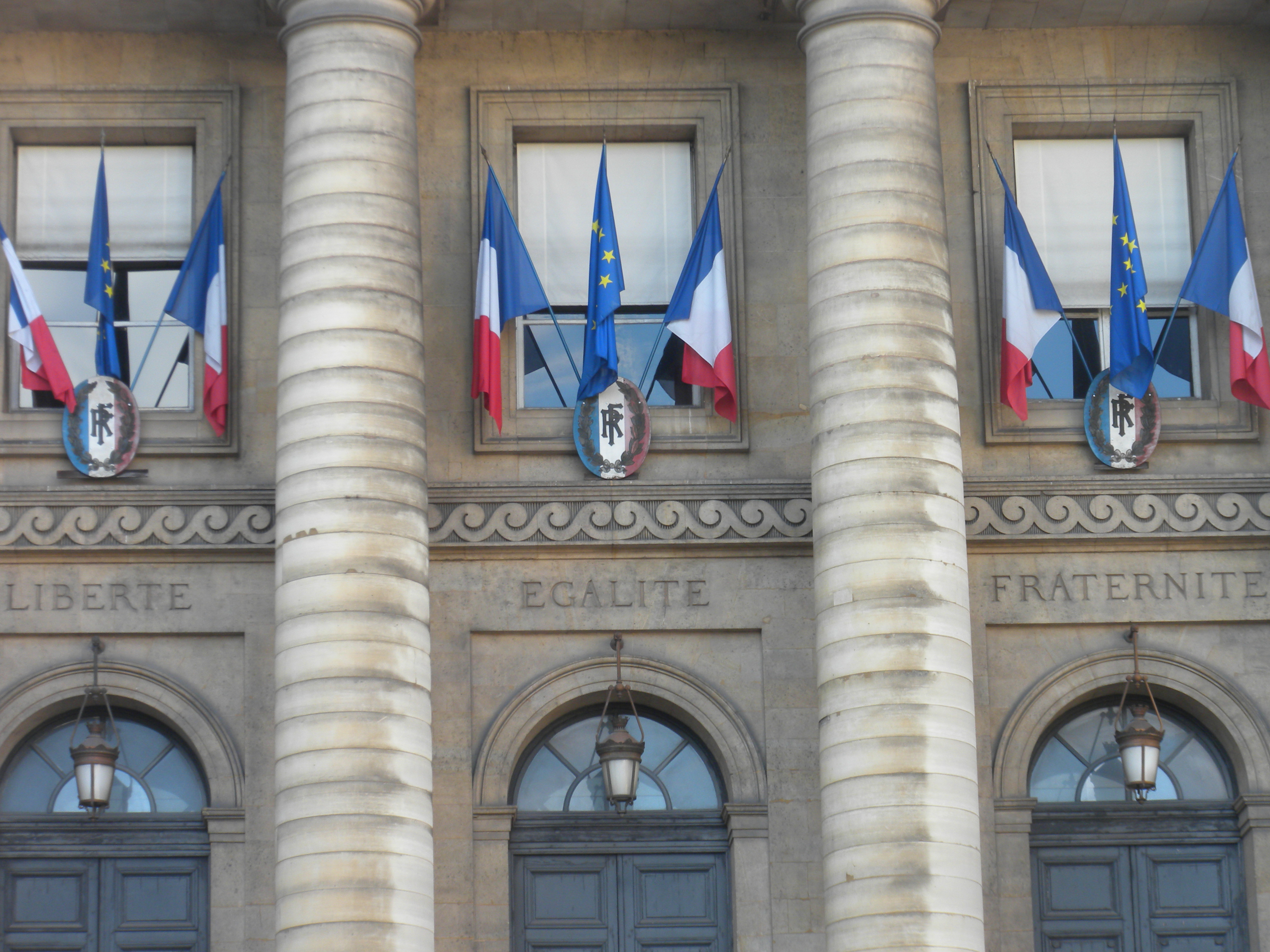Cusco draws a lot of tourists. Expensive restaurants like Jack�s Cafe serve American-style burgers and hiking stores — due to the big attraction of Machu Picchu — swarm the streets near the central Plaza de las Armas. Many locals pinpoint foreigners to sell goods or ask for money. People actively pursue this so often that it becomes a headache.
A street artist waited for me outside a restaurant for an hour and a half with his portfolio. He managed to sell me a picture I didn�t even particularly like, simply because I felt badly for him.
After that, a shoe-shining man, seeing the leftover food I had in a doggie bag, proceeded to follow me and Sam halfway to our hostel several blocks away. He begged me for the food continuously. If I hadn�t already spent so much money on the painting, I might�ve given it to him.
Little girls on the street will look at me and smile. I�ll smile back. Then they�ll hold out a hand, saying in a sweet voice, “�Propina?“, which of course means that they�re asking for money.
People ask me for money so often that I don�t even know what to do with myself anymore. I just want to shout at them, “I can�t help the entire freaking world! I want to, but do you know how many other people I�ve helped today?”
And it�s ridiculous for me to get upset like this: I�m not the one begging on the street.
It�s in this context that, after visiting a church in the Plaza San Francisco, Sam and I were drawn to a street comedy show. A man had drawn a laughing crowd of 150 people or so and was shouting and acting obscenities. After one of his sketches, he pointed directly at us and shouted, “You! Whitey! Where are you from?“
Sam responded, the United States.
The comedian busted on him for a moment. Then he called me out, asking for my nationality.
I responded, the United States.
Everyone laughed and he joked about me, as if it that fact were impossible.
This was easy to smile at until the comedian grew progressively more incisive with his commentary. I don�t remember what he said exactly. He sarcastically mentioned people from the United States coming to have a good time in his beautiful country. He put on a blond wig of long hair like a woman�s, saying he now looked just like us. Everyone continued laughing.
He then said that us — these people from the United States — should give him money, right there in front of the crowd, or be disgraced. He approached us, holding out the wig in mock, exaggerated suppliance. Everyone watched in anticipation and the tension in the air was thick. Sam didn�t understand quite what was going on, and he was still laughing at the “joke.” Angry, uncomfortable and defeated, I reached into my pocket and gave him two coins. I wasn�t even sure how much they were worth.
“6 soles! Look, how generous! Thank you so much!” he said when he�d returned to the center of the crowd.
Even then he continued heckling us and abruptly Sam caught on and said, “Let�s get out of here.”
This scenario was still burning in my mind when we sat down at a poller�a (restaurant that sells almost exclusively chicken, fries and salad), less than 20 minutes later. Sam and I were eating quickly, having paid before sitting down because we had to catch a bus.
When Sam rose to fill up his salad bowl, a Peruvian man glared at me and said condescendingly, “Make sure he leaves tip. Don�t forget to leave tip.”
I was ready to freaking explode.
I scarfed down a few more forkfuls of food, shaking my head and getting angrier by the second. Sam saw my annoyance but I wasn�t even paying attention to him. Far past ready to leave, I tore 2-sole coin out of my pocket, held it up so the man could see and slammed it on the table-
As we were leaving, I leaned onto the table next to the man. He looked past me at the television screen, ignoring me. I said in Spanish while Sam put on his backpack, “I�m the son of two Peruvians, and he is one of best people I�ve ever met.“
“And I speak very good English!” he said turning his head.
I�m not sure what I�d wanted to accomplish. All I�d wanted was to combat ignorance or discrimination, I think, but what would the confrontation really get me? Nothing in the end. But I was so incredibly pissed at everything that had transpired before then that I wasn�t thinking straight.
“Don�t judge my friends,” is what I said, and I left the restaurant, shaking my head, a mix of emotions I�d never felt before swirling around inside me.
Thankfully, I�ve never experienced much discrimination in my life. If I have, it�s been inconsequential. So to walk around with Sam — tall, white and blond — while in Peru has been an eye-opening experience. People treat me so differently when I wander around alone, lending themselves more warmly to conversation, begging me for money less. Now I�ve been noticing the eyes watching us as we walk, and I stare pointedly back at them, wanting to say, “What is your problem?”
Things have been different since leaving Cusco, but those few days have been branded into my memory.
Location: Arequipa, Peru


